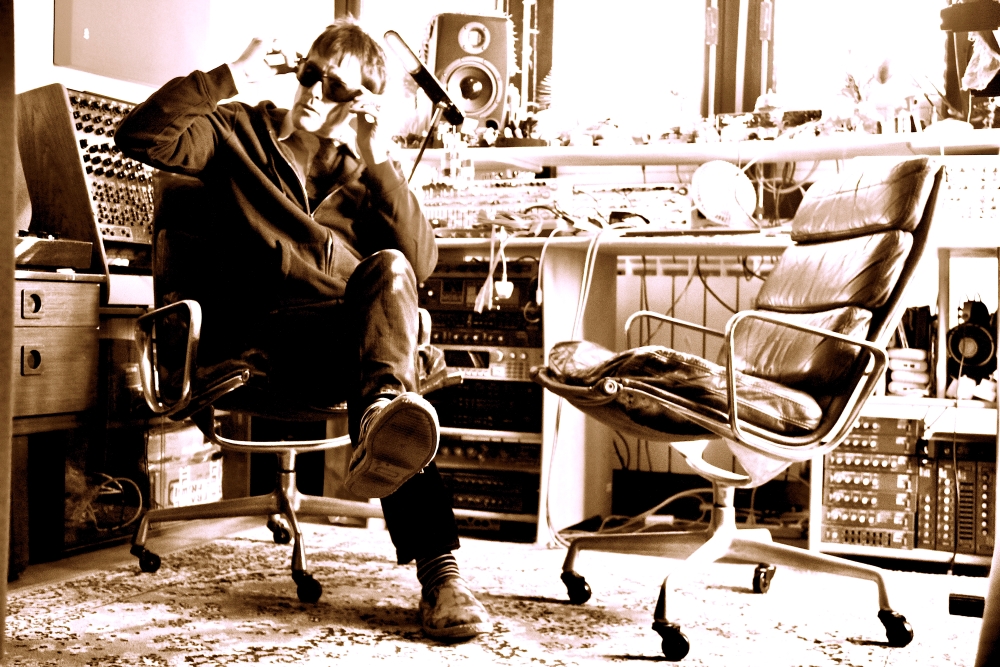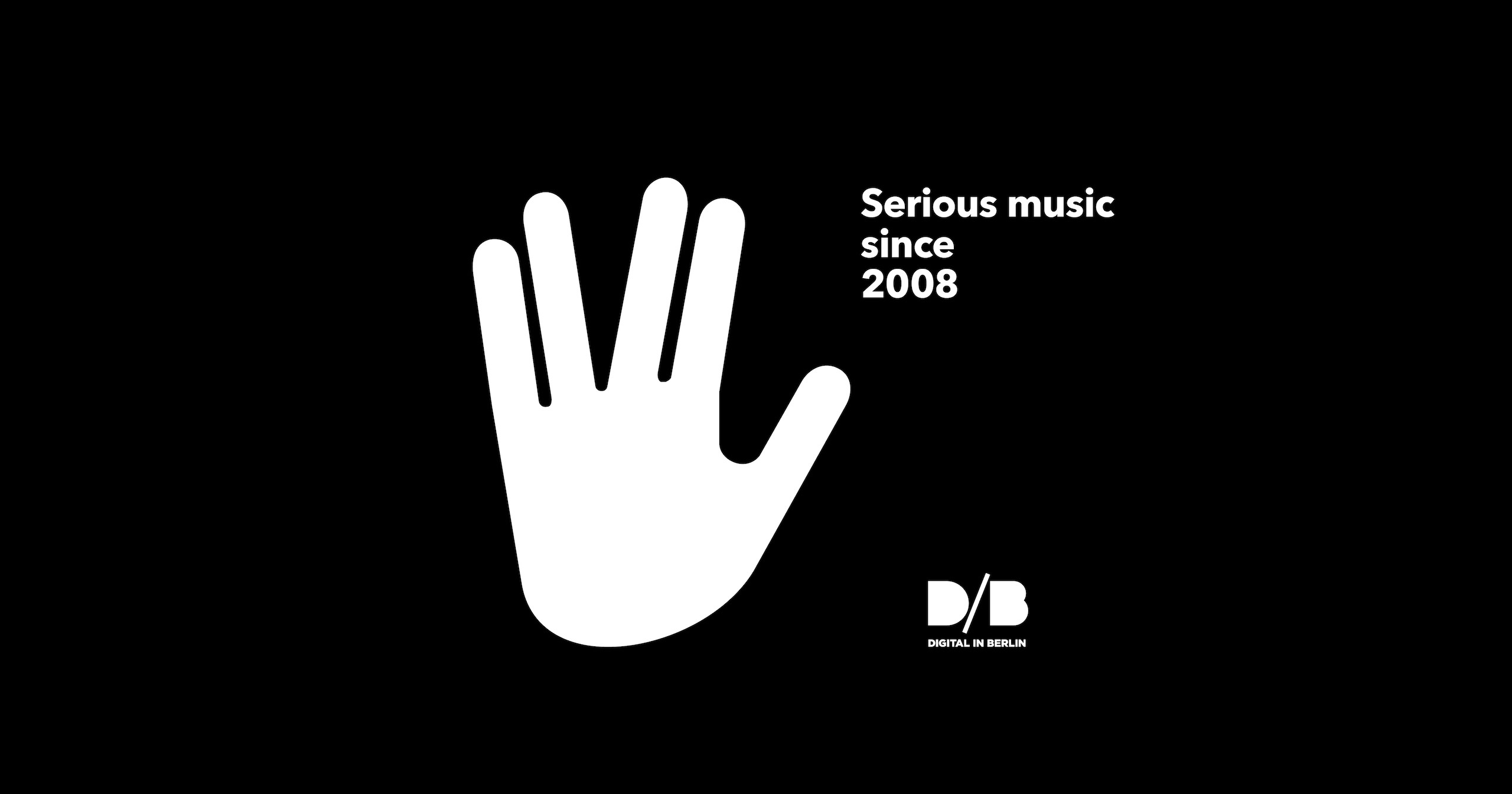It’s auspicious that Sonic Boom the solo project and nom-de-producer of Peter Kember (Spectrum, Spacemen 3) returns in 2020 with its first new LP in three decades. Through regenerative stories told backwards and forwards, Kember explores dichotomies zen and fearsome, reverential of his analog toolkit and protective of the plants and trees that support our lives.
When Sonic Boom debuted with 1990’s Spectrum, it was a fresh chance for Peter Kember to go it alone. Poppy psychedelia with lo-fi edges, gridless guitars, and Velvets-obliged scowls marked Kember’s departure from the soon-to-disband Spacemen 3, the influential English psych soul outfit he co-founded in 1982 with Jason Pierce (Spiritualised). Kember’s solo work hinted at the self-taught experimentation, circuit bending and interest in modular synthesis that would later hallmark his career in projects such as E.A.R., a dynamic, experimental and prolific lineup that counted among its many members Kevin Shields and electronic music trailblazer Delia Derbyshire.
FACTS:
1: For every action an equal and opposite reaction.
2: The course of least resistance.
3: The sun neither ‘rises’ nor ‘goes down’.
QUESTIONS:
1. What is the biggest inspiration for your music?
I think inspiration changes with different songs, but I think I’m most influenced by people and places, but particularly on this LP it was plants too – what they do for us and the ecosystem that they create that all creatures on this planet need to exist, and our interaction and relationship with them at this critical crossroads for our planet. We are the only creatures creating the problem and we are supposed to be the only creatures with a global perspective and the ability to see the problems and fix them and what created them.
2. How and when did you get into making music?
I started playing guitar when I was 13. The first music I remember really moving me was Buddy Holly, and from there I started getting into pop and rock n roll in general. In the punk and new wave era there was a nice sort of ‘anyone can do this ‘ vibe that I think is really healthy. It gave me the idea that I could make the sort of music I liked but found so hard to find.
3. What are 5 of your favourite albums of all time?
Thats impossible, but here’s 5 that I think are stone solid:
George Faith – To Be A Lover
Junior Murvin – Police & Thieves LP
OMD – Dazzle Ships LP
Alice Coltrane – Journey in Satchidananda LP
Mick Jagger, Ry Cooder, Buffy Sainte-Marie, The Last Poets, Jack Nitzsche – Performance (Soundtrack)
4. What do you associate with Berlin?
The wall. I remember Berlin in those days and Monica Doring in the late ‘80s and those times are still strong memories. Berlin always had a ‘live for the moment’ atmosphere that I imagine from what I’ve read was a hangover from the fallout, invasion and collapse at the end of WW2. It kept that edge for a while. I guess being on the supposed frontline in the Cold War also was a factor. It’s a very interesting scenario, but I feel that’s faded with the changes in the last 20 or 30 years. Most big cities I visited the last 40 years have changed and I’m trying to think of one that improved from it.
5. What’s your favourite place in your town?
Palace of Monserrate, Sintra, Sao Martinho freguesia, Portugal. At night especially it dominates the views of the mountainside here. Its rooftop domes are illuminated at night and I like to imagine that Sun Ra lives there. Moondog is the gardener. Plus the gardens by day or night are sublime any time of year.
6. If there was no music in the world, what would you do instead?
I imagine either graphic design or fine art. I was an art college wallah… but if there was no music, I would ‘invent it’. Music is organised sound, so I think it’s always happening somewhere. Waterfalls can organise sound, as can acoustic spaces like in Alvin Lucier’s ‘I am sitting in a room’.
7. What was the last record/music you bought?
I lost my favourite Sam Cooke CD, so I replaced that… a couple of Alice Coltrane re-issues, an Esquivel 5-CD box, a couple of Fela Kuti LPs and a compilation of ‘50s one-hit wonders and the first Cheval Sombre LP on vinyl.
8. Who would you most like to collaborate with?
I’ve been very lucky to have already collaborated with a lot of people I really admired in the music business and I’ve been through most of the list already of those who were living. I like a challenge too. Could be fun to do something deep psych with the Daft Punk dudes. Or Flying Lotus. I like a lot of his moves.
9. What was your best gig (as performer or spectator)?
I can’t pinpoint one. Grandmaster Flash and the Furious Five in ’81 or ’82 was a trip. Flaming Lips on their ‘Soft Bulletin’ tours in the late ‘90s were pretty stunning. MBV through the years have always been deep. Suicide “supporting” Hawkwind with Spacemen 3 on the bill too in ’87.
10. How important is technology to your creative process?
Technology is pretty important to most music I think, as most instruments are technologically evolved in order to accommodate the musical scale and the tone that’s being used. beyond that I think that synthesizers are technological in many senses. Most music these days is also recorded on a Digital Audio Workstation via a computer. Music is about organization and systems, I guess that’s all about technology. I’d say it was fairly essential.
11. Do you have siblings and how do they feel about your career/art?
I have a brother and a sister. You’d have to ask them, but I think they’re kind of used to it at this point and have always been pretty supportive. My sister comes to shows, as occasionally do some of both of their children.
Photo © Ian Witchell

